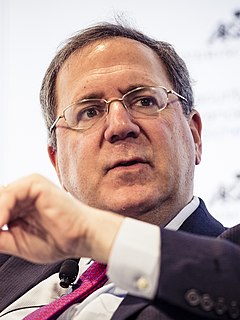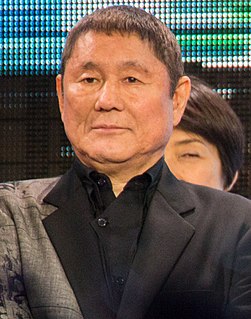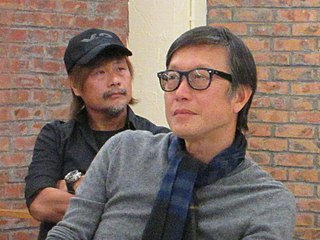A Quote by Kenzaburo Oe
The ambiguous orientation of Japan drove the country into the position of an invader in Asia.
Related Quotes
The election of Shinzo Abe as the leader of Japan's ruling Liberal Democratic party and now prime minister will have profound repercussions for Japan and East Asia. Most western commentary during the premiership of Junichiro Koizumi has been concerned with the extent to which Japan has allowed a freer rein to market forces.
We can't attribute a long history of democratic traditions to Japan, either, but today Japan boasts a fully-fledged democracy in which governments change according to democratic procedures. It's no coincidence that the Taiwanese, Japanese, and South Korean economies are among the most innovative in Asia.
We welcome the Obama administration's policy called the 'pivot to Asia' because it is a contributing factor to the safety and peace of the region. I think this pivot policy is playing an indispensable role in enhancing the deterrence of the U.S.-Japan alliance as well as ensuring peace and security in the Asia-Pacific region.
Take Germany and Japan, both defeated in the Second World War. Germany has acknowledged its monstrous crimes to a certain extent, has paid reparations and so on. Japan, in contrast, apologizes for nothing and has paid no reparations, with one exception: It pays reparations to the United States, but not to Asia.





































